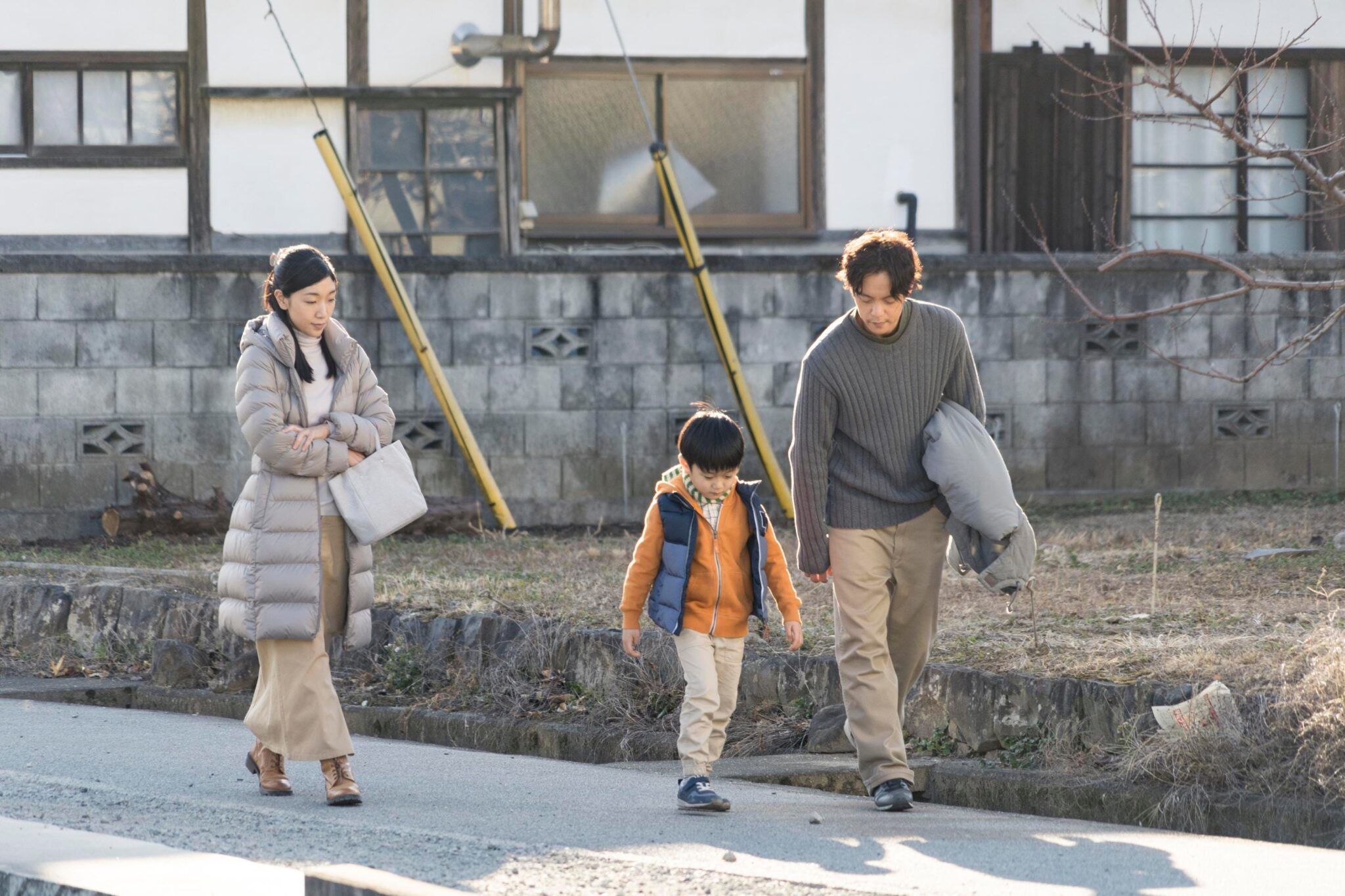
Satoshi Tsumabuki, Sakura Ando and Masataka Kubota star in ‘A Man.’
Kei Ishikawa returns to the Venice Film Festival with A Man (Aru Otoko), six years after his debut feature Gukoroku – Traces of Sin premiered in the festival’s Orizzonti program. A Man has also been selected as the closing film for the upcoming Busan International Film Festival. The film stars Sakura Ando, who was the leading actress in Hirokazu Kore-eda’s Cannes Palme d’Or winner Shoplifters, as well as Masataka Kubota. Director Ishikawa also reunites with actor Satoshi Tsumabuki, having worked together on Traces of Sin.
“I feel really great. I always wanted to come back [to Venice]. The last time was my debut film and I came here without knowing much. I was like a tourist,” Ishikawa reflects on his return with A Man. “This is my second time and now I know what it means to have a film here. There’s a different feeling.” In the last few years, Ishikawa, a Polish National Film School graduate, has made Listen to the Universe, Arc, TV series Innocent Days and a short film screened as part of the Ten Years Japan anthology.
“The reaction, the standing ovation — now I know what it means. My film was in Venice last time but after that I made a few films that were quite big in Japan but not as visible internationally. The Japanese film industry is a bit closed and very domestic. You can have a good result in Japan but it doesn’t mean that it will do well abroad, or vice versa. I try to keep a balance. Now with A Man, I feel that this could be the balance for me.”
Adapted from a novel by Keiichiro Hirano, A Man starts out as a brooding portrait of love and loss, as female protagonist Rie grapples with her recent divorce. She then meets Daisuke, who adopts her son and they have a daughter together. However, Daisuke dies in an accident and suddenly, questions about his identity and his past emerge. The film’s second hour becomes more of an investigative tale, while also meditating on the nature of identity. “Characters are important but this time, I really wanted to focus on identity,” Ishikawa says.
Ishikawa contemplates the question of identity in ‘A Man,’ which premiered at the Venice Film … [+]
MORE FOR YOU
There is also a shift in the film’s protagonists, with zainichi lawyer Kido driving more of the film’s action in the second half. “I don’t want to focus this movie on the feelings of one particular person or [for the film to be] driven by one single character. That was the distance that I wanted to create,” Ishikawa says. “Having the protagonist change one after another is an idea that I like and enjoy.”
Several Japanese films have been selected to screen at the Venice Film Festival. Kōji Fukada’s Love Life is part of the festival’s main competition. In the Classics program, there are three restored works by Japanese filmmakers: Yasujirô Ozu’s A Hen In the Wind (1948), Seijun Suzuki’s Branded to Kill (1967) and Shôhei Imamura’s Profound Desires of the Gods (1968).




